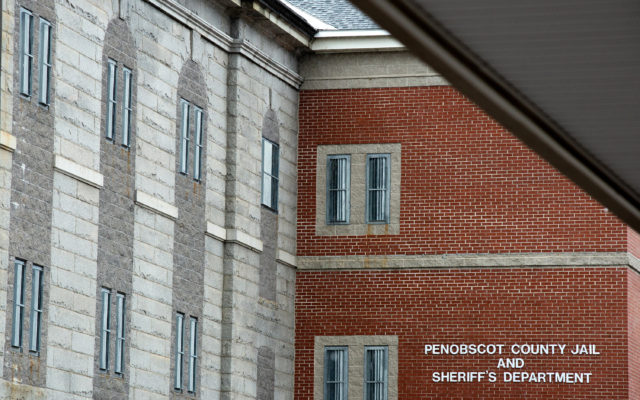
Penobscot County raises wages for 911 dispatchers to fight employee shortage
By Kathleen O’Brien, Bangor Daily News Staff
The Penobscot County Commission approved a $2 an hour raise for the county’s 911 dispatchers to retain and attract new employees for the county’s long understaffed dispatch center.
With 34 positions in total — 10 of which answer 911 calls — and only 19 employees, the Penobscot Regional Communications Center is operating with 56 percent of the staff it needs, according to Christopher Lavoie, the center’s director. The dispatch center has seven people in training, which takes four to six months.
Lavoie said the center was last fully staffed in 2018, but that lasted for two weeks.
“We’ve been battling this issue for about five years,” he told commissioners during a June 13 meeting.
The center’s staffing shortage has led to people working overtime consistently, which heightens the stress level for the center’s remaining employees, Lavoie said. This makes them more likely to leave for other jobs where they can make more per hour and have a lighter workload.
“Between June 18 and Aug. 5, we had 1,772 hours of overtime just to bring us to minimum staffing,” Lavoie said. “That’s not OK.”
The Bangor-based center answers 911 calls 24 hours a day and sends the appropriate emergency services to people in need for the more than 152,00 people in Penobscot County and the 67,000-plus Aroostook County residents.
Last year, the dispatch center answered 68,443 911 calls while the Bangor Department of Public Safety answered 10,408 calls, according to Lavoie. Of Bangor’s calls, however, 4,967 were initially answered and transferred by county dispatchers.
A state study of the 24 public safety answering points in Maine, which answer 911 calls 24 hours a day, found Penobscot County’s wages ranked 17th out of the state’s 24 centers, Lavoie said. While COVID-19 funding from the county helped bump the center’s pay up to 12th, Lavoie said the pay boost wasn’t enough to make the dispatch center compete with others in the region.
“What that wage study didn’t show us was that I can go 3 miles down the road to Bangor Dispatch Center and make $2 more per hour, or I can go a mile up the road to the state police and make $3 more an hour,” he said.
The center’s hourly pay for a 911 dispatcher ranges from $19.47 to $25.40, according to a job posting on the center’s website. New hires can also receive a $2,000 sign-on bonus.
If the dispatch center can’t increase staffing, Lavoie said the call center will have to reduce nonessential services to limit the call volume and install a phone tree for the center’s business line that funnels into a voicemail system so the remaining employees can focus on answering emergency calls.
Lavoie stressed that the dispatch center will never implement a phone tree for anyone calling 911, Lavoie said. This is because 911 calls need to be answered immediately so dispatchers can help anyone who’s calling, no matter their age or reason for calling.
“I have a supervisor who was at a school giving a 5-year-old student there a 911 Hero Award because she called 911 for her mother,” Lavoie said. “We would not want to put a 5-year-old through a phone tree. We want to be available to assist that young child with what was probably the scariest moment of her life.”
The county center also has shouldered more calls over time as other dispatch centers in Maine closed or consolidated.
“Years ago, state police took cellphone calls and the county answered local landline calls,” Lavoie said. But as cell towers moved, the number of calls that went to PRCC increased until eventually, “we took everything other than calls along the I-95 corridor.”
In addition to the higher volume, Lavoie said dispatchers are answering more stressful calls.
“Years ago, it was rare for dispatchers to go through a traumatic event like instructing someone how to perform CPR on a loved one over the phone,” Lavoie said. “I have someone in training now who did it four or five times over the weekend because of the drug problem that’s plaguing us. The job has changed.”
While commissioners approved the raise — made possible by temporarily freezing three positions and reallocating the wages — on June 27, some feared the raise would only cause other dispatch centers to raise wages, and thus the cycle continues.
Lavoie agreed, but Penobscot County Sheriff Troy Morton said department and agency heads are “being asked to be creative” to solve chronic problems, “but we’re beyond being creative.”
“Our only and last option is just driving money at it,” Morton said. “I agree that this isn’t the way to fix the problem, but we’re going to be chasing dollars because we can’t even get our feet under us because we continue to have more work put on us.”